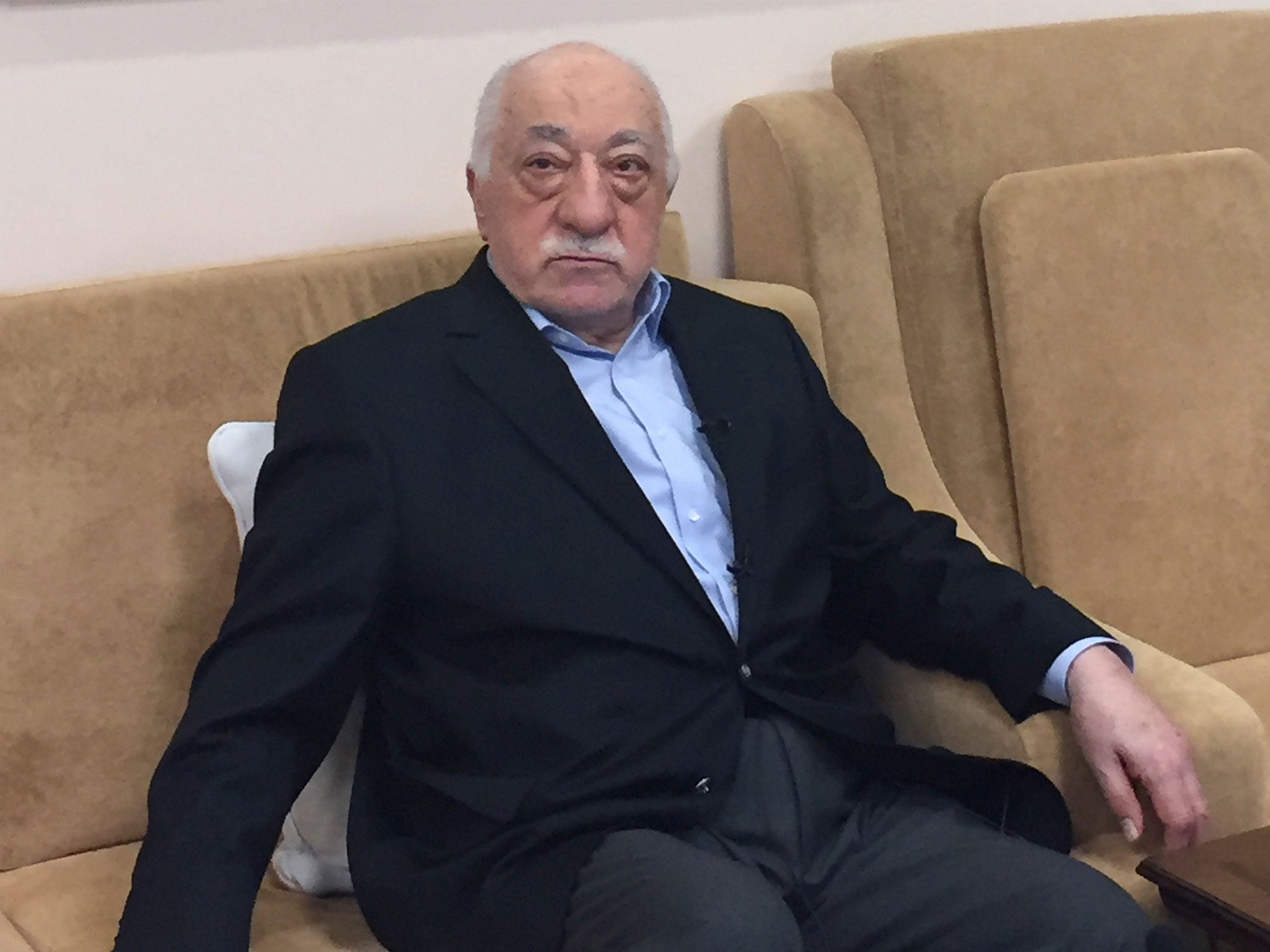Birthplace of accused Turkey coup leader to be turned into public toilet
Fethullah Gulen, accused of being behind the events on July 15, was born in the village of Korucuk but now lives in the US in exile

Your support helps us to tell the story
From reproductive rights to climate change to Big Tech, The Independent is on the ground when the story is developing. Whether it's investigating the financials of Elon Musk's pro-Trump PAC or producing our latest documentary, 'The A Word', which shines a light on the American women fighting for reproductive rights, we know how important it is to parse out the facts from the messaging.
At such a critical moment in US history, we need reporters on the ground. Your donation allows us to keep sending journalists to speak to both sides of the story.
The Independent is trusted by Americans across the entire political spectrum. And unlike many other quality news outlets, we choose not to lock Americans out of our reporting and analysis with paywalls. We believe quality journalism should be available to everyone, paid for by those who can afford it.
Your support makes all the difference.The birthplace of the cleric accused of leading the failed Turkish coup is to be turned into a public toilet, local media have reported.
Writer, minister and political figure Fethullah Gulen is currently living in exile in Pennsylvania, US, but was born in a single-story house in the Turkish village of Korucuk, in the central province of Erzurum.
Since the attempted coup on July 15, hundreds of books written by Mr Gulen have reportedly been dumped in streets, rivers and skips, with Turkish CNN reporting that one local imam was detained for burning some of them.
According to pro-government media platform Beyaz Gazete, Mr Gulen’s childhood home will be turned into a public toilet at the request of local villagers.
Upon hearing of the plans from a source, journalist Latif Simsek said: “I thought he was kidding [but] then I called Erzurum Metropolitan Mayor, Mehmet Sekman”.
Mr Gulen, who leads the global political movement Hizmet from the US, is a long-term critic and known rival of President Recep Tayyip Erdogan.
He was accused by Ankara of orchestrating the military coup attempt, but firmly denied involvement.
Turkish authorities are said to have sacked, suspended or detained around 60,000 people with suspected links to the Gulen movement following accusations that Mr Gulen may be responsible for the failed coup.
Join our commenting forum
Join thought-provoking conversations, follow other Independent readers and see their replies
Comments